TAMPA HARDSHIP LICENSE ATTORNEY
Aggressively Fighting for the Best Possible Outcome
Helping Clients Obtain a Hardship License in Hillsborough and Pinellas County After a DUI Arrest
If you’ve been arrested for a DUI in Hillsborough or Pinellas County, facing the possibility of a Florida driver’s license suspension can be overwhelming. At Buda Law, our Tampa criminal defense attorneys understand that losing your driving privilege due to a DUI arrest can make earning a living and even the simplest things like grocery shopping difficult. That’s why experienced criminal defense attorney Andrew Buda and his legal team are here to help clients navigate the criminal court system and administrative procedures required to regain their driving privileges.
At Buda Law, our goal is to help you obtain a hardship license so that, despite your current legal challenges, you can drive legally and retain some sense of normalcy.

To discuss applying for a hardship license in Florida, contact Buda Law at (813) 322-2832 or complete our online intake form to schedule a meeting with one of our experienced DUI defense attorneys today.
What is a Hardship License in Florida?
In Florida, a hardship license is a type of restricted license issued to individuals who have lost their regular driving privileges due to a suspended license or license revocation. Drivers can have their license suspended for several reasons, including a DUI arrest. This driver’s license allows them to drive under restricted circumstances, typically for essential needs such as commuting to work, school, or medical appointments.
Hardship licenses are categorized primarily based on the reasons for the original driver’s license suspension or revocation and the specific needs of the individual. Below are the two types of hardship licenses available in Florida:
- Business Purposes Only License (BPO): This type of hardship license allows individuals to drive solely for purposes directly related to their livelihood. This includes driving to and from work, on-the-job driving if driving is a fundamental part of the job, driving to and from school, and performing essential household duties.
- Employment Purposes Only License (EPO): Similar to the BPO, this restricted license allows for driving only as it pertains to the individual’s employment. This includes commuting to and from work and any necessary driving as part of the job.
The eligibility for these licenses depends on the nature of the driving offense and the applicant’s driving history. Applicants must meet specific requirements, including completing any mandated courses and demonstrating the need for limited driving privileges. Each type of hardship license strictly defines the acceptable reasons and times for driving, ensuring that the granted privileges are used responsibly.
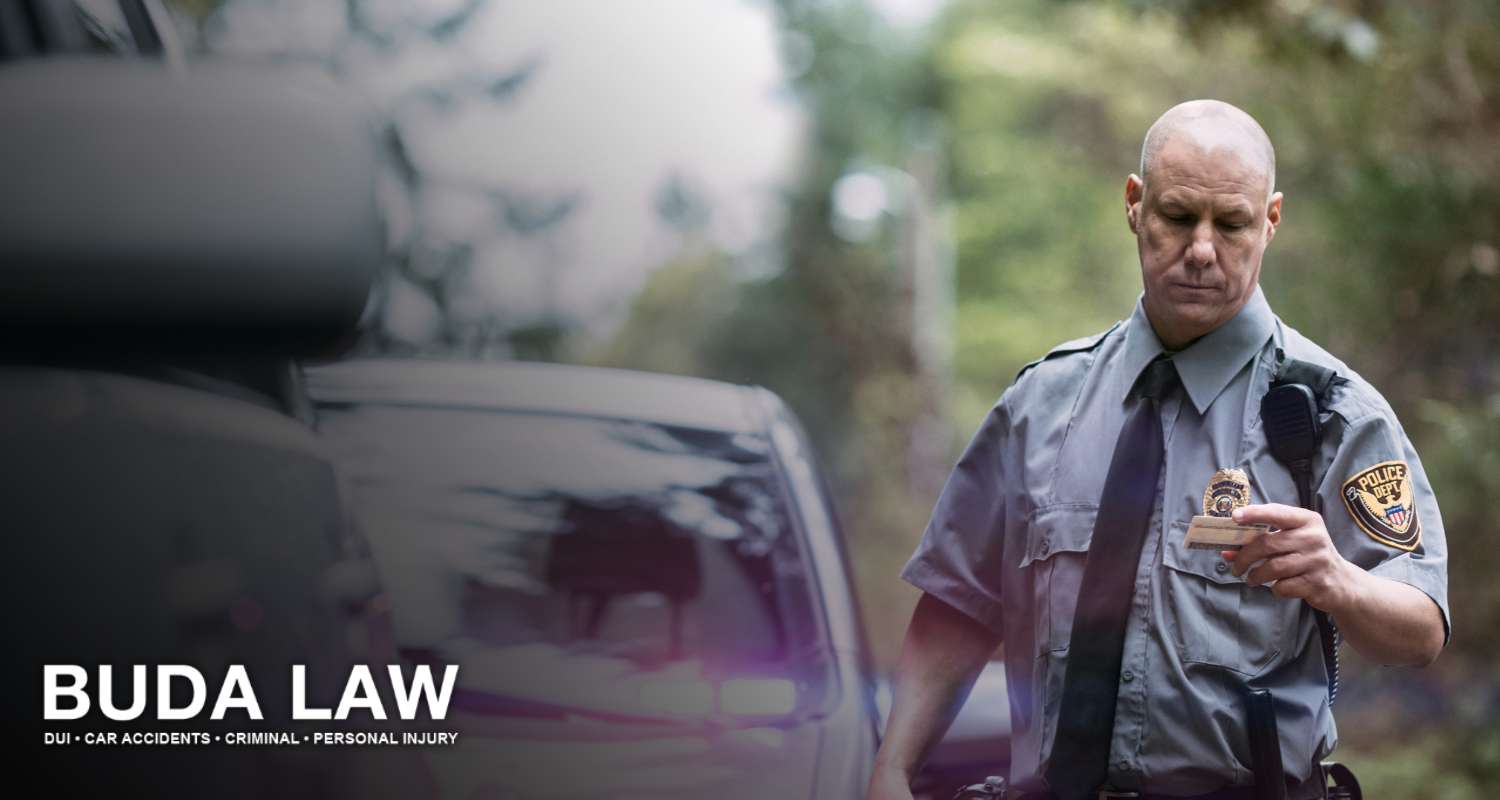
Florida Statute § 322.271
Florida Statute § 322.271 provides the legal framework for issuing and regulating hardship driver’s licenses within the state. This statute outlines the criteria and procedures for individuals seeking a hardship license following a license suspension or revocation due to offenses like DUIs or excessive traffic violations.
The statute authorizes the Florida Department of Highway Safety and Motor Vehicles (DHSMV) to grant, deny, or disqualify applications based on a thorough review of the applicant’s driving record and the circumstances surrounding their infractions.
It also specifies the types of mandatory courses applicants must complete, such as DUI school or substance abuse treatment programs as well as the conditions under which a hardship license can be issued, detailing the limitations on when and where individuals can drive.
Additionally, this Florida law allows for formal review hearings, allowing applicants to contest a DHSMV decision or to present their case for needing restricted driving privileges.
What are the Requirements for a Hardship License?
Applicants must meet several requirements to qualify for a hardship license in Florida. Initially, they must serve a mandatory part of their suspension period and fulfill any court-ordered obligations, such as completing DUI school or a substance abuse treatment program.
Drivers applying for a hardship license must demonstrate a critical need to have their driving privileges restored for essential activities like work, school, or medical appointments. This may be proven with proof of employment, school enrollment, or medical necessity.
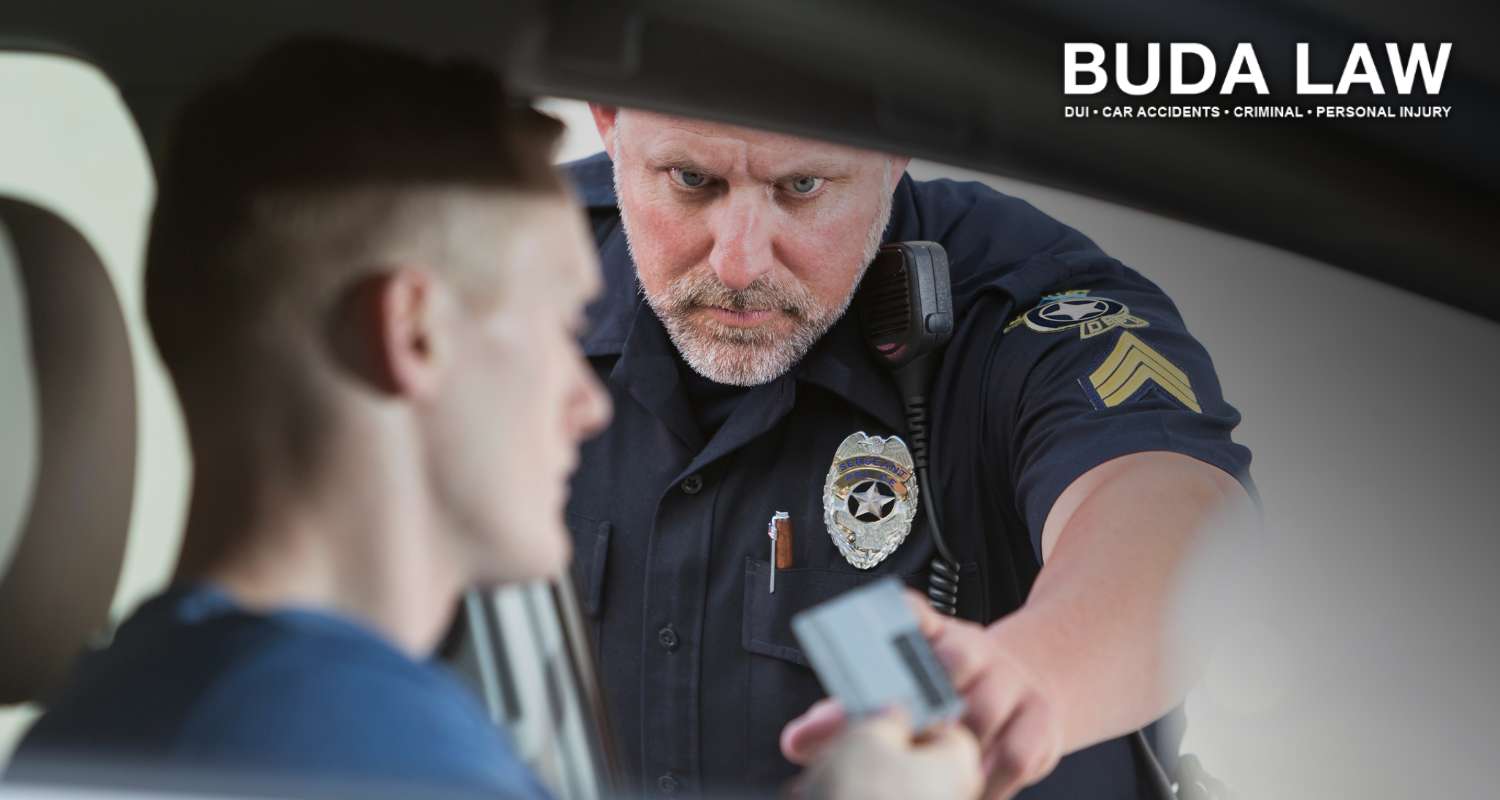
Florida Hardship License Rules
The DHSMV administers the application process, which requires applicants to complete any court-ordered or statutory obligations, such as DUI school or a substance abuse treatment program. Each hardship license issued specifies the circumstances under which the holder can drive, including the times of day, specific purposes, and, in some cases, allowed locations.
Strict adherence to these conditions is mandatory, and any violation can result in the revocation of the hardship license.
How To Get a Hardship License in Florida
- Determine Eligibility: First, check your eligibility for a hardship license. Your eligibility depends on the nature of the offense and the type of suspension or revocation. If you’re unsure of your eligibility or would like legal representation to better your chances of being approved, contact a Tampa DUI defense attorney from Buda Law to discuss your case today.
- Serve Mandatory Suspension Period: You must serve a mandatory portion of your suspension period before applying for a hardship license. The duration depends on the reason for the license suspension.
- Complete Required Courses: Depending on the reason for your suspended license, you may need to provide proof of DUI school enrollment or completion, a substance abuse education program, or other court-ordered programs.
- Apply for a Waiver Hearing: Once you have completed the necessary prerequisites, you can submit an Application for Administrative Hearing to the Florida Bureau of Administrative Reviews (BAR) Office along with a $12 filing fee. The fee should be paid with a check or money order payable to the Division of Motorist Services to expedite the process. In addition to the Application for Administrative Hearing, drivers must provide proof of DUI school enrollment or completion, if applicable.
- Attend a Formal Hearing (if required): If the Bureau of Administrative Reviews Office does not issue a waiver review hearing, you will be required to attend a formal review hearing in front of a hearing officer.
- Receive Your Hardship License: If approved, you will receive your hardship license, which will specify your driving privilege limitations.
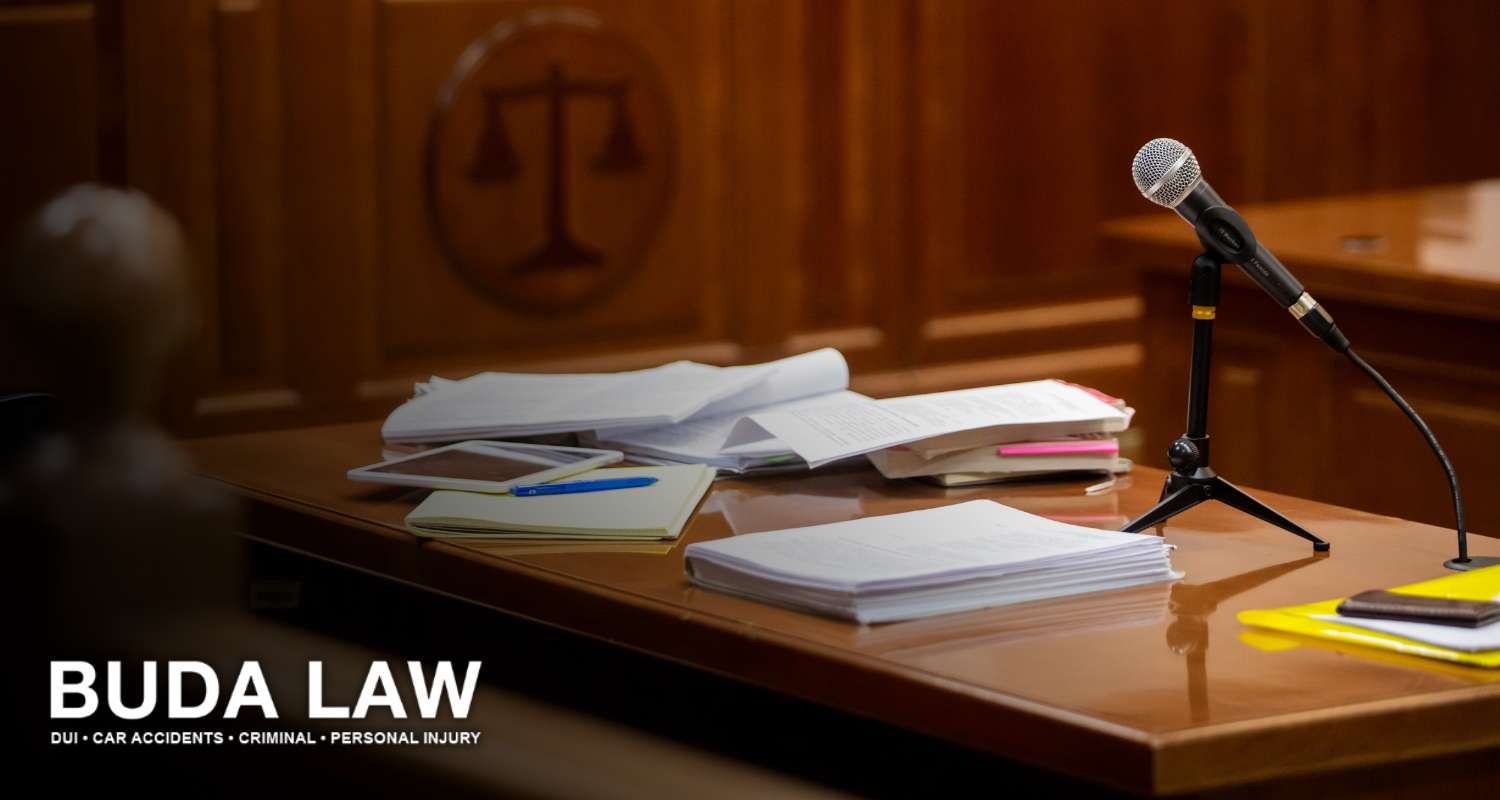
Florida DMV Administrative Review Hearing
In Florida, individuals who have had their driver’s licenses suspended or revoked may request an Administrative Review Hearing at their local DHSMV office. This formal review hearing is a critical part of the process for those seeking to contest their license suspension or to apply for a hardship license.
During the formal review hearing, the individual can present evidence and argue their case before a hearing officer. The purpose is to review the circumstances of the driver’s license suspension or revocation to determine if the initial decision was made in accordance with Florida law.
Evidence that can be presented might include testimony from witnesses, expert opinions, and documents supporting the individual’s case. The outcome of this hearing can result in the reinstatement of the driver’s license, the issuance of a hardship license, or the upholding of the suspension or revocation.
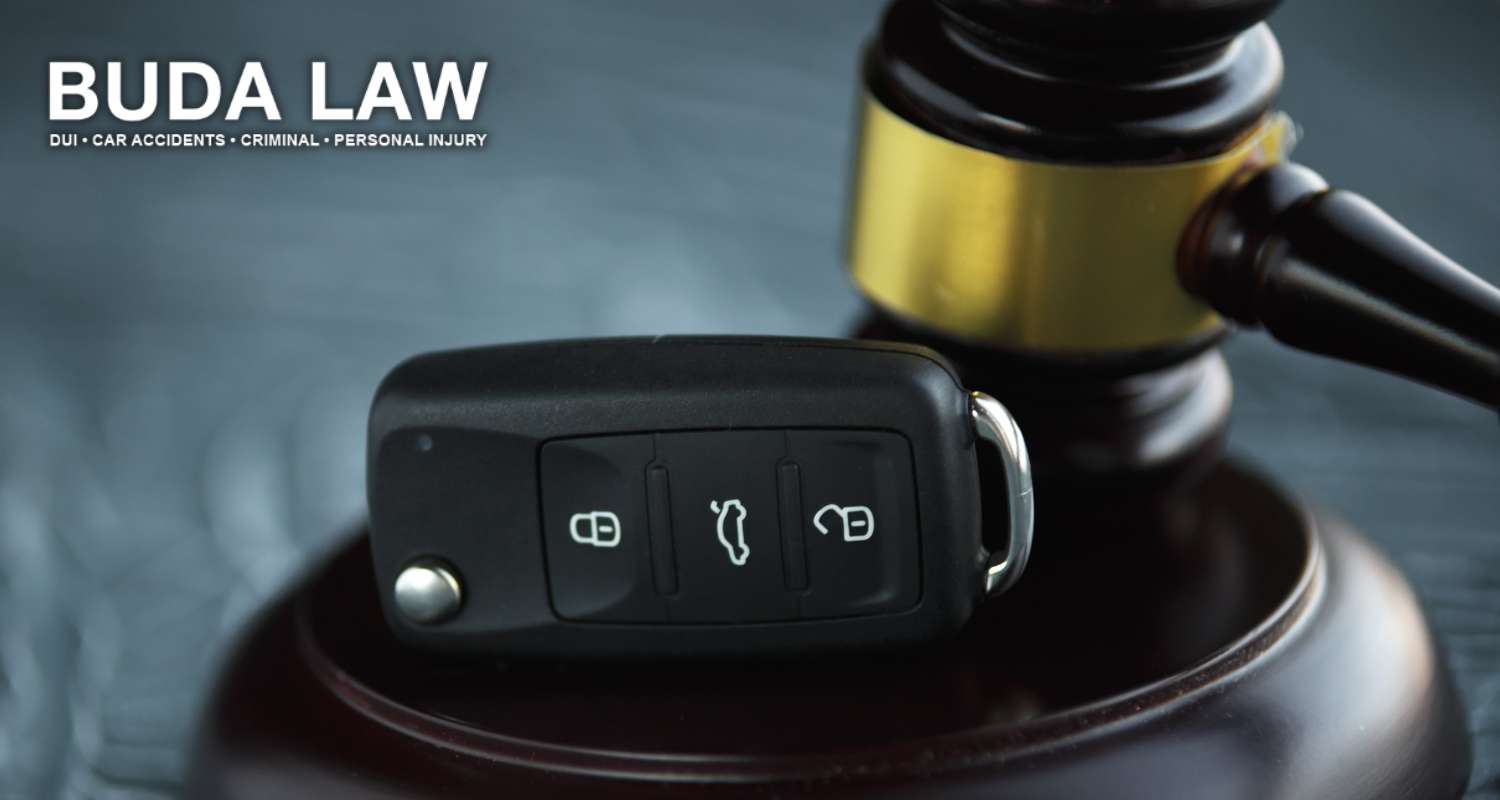
Florida Hardship License FAQs
Below, we’ll provide answers to some of the most commonly asked questions about hardship licenses in Florida.
Who is Not Eligible for a Hardship License in Florida?
In Florida, individuals are ineligible for a hardship license if they have been convicted of severe offenses such as vehicular manslaughter, DUI manslaughter, or any felony involving the use of a motor vehicle. A habitual traffic offender with multiple DUIs or excessive points on their driving record and those who have violated the terms of a previous hardship license are also usually disqualified from obtaining a hardship license.
What Can You Do With a Hardship License?
A hardship license in Florida permits essential driving only. It allows individuals to travel to work, school, medical appointments, and religious services within specified hours and routes. Misusing a hardship license for non-approved purposes can lead to penalties or revocation.
Who Decides Where and When You May Drive on a Hardship License?
In Florida, the Florida Department of Highway Safety and Motor Vehicles (DHSMV) determines the specific conditions of a hardship license, including when and where you may drive. These restrictions are outlined in the hardship license, focusing on essential travel like work or school.
How Old Do You Have to Be to Get a Hardship License in Florida?
In Florida, individuals must be at least 15 years old to be eligible for a hardship license. Minors between 15 and 18 years old must have held a learner's permit for at least 12 months without traffic violations and demonstrate a necessary need for driving, such as employment or family obligations, to qualify.
What Does a Florida Hardship License Look Like?
A Florida hardship license closely resembles a standard driver's license but includes specific notations that detail the driving restrictions. It features the holder’s photo, name, address, and driver's license number, with clear markers indicating its restricted status. This design helps authorities easily verify compliance with the driving limitations during checks.
How Long Does it Take to Get a Hardship License?
Obtaining a hardship license in Florida generally takes a few weeks to a couple of months, depending on the completion of required courses, documentation, and individual circumstances. The process involves review by the DHSMV, and if a formal review hearing is needed, scheduling may extend the timeline.
Can I Get a Hardship License in Florida if my License is Suspended in Another State?
Obtaining a hardship license in Florida is generally impossible if your license is suspended in another state. You must first resolve any suspensions or revocations in the state where they occurred, fulfilling all required conditions, such as paying fines or completing courses. Once these issues are cleared and the suspension is lifted, you can apply for a hardship license in Florida, provided you meet the eligibility criteria.
How Much is a Hardship License?
The cost of a hardship license in Florida varies but generally includes several fees: application costs, expenses for mandatory courses like DUI school or substance abuse programs, and possibly a hearing fee. For precise and up-to-date fee information, it is recommended that you contact the Florida Department of Highway Safety and Motor Vehicles (DHSMV) or a legal advisor.
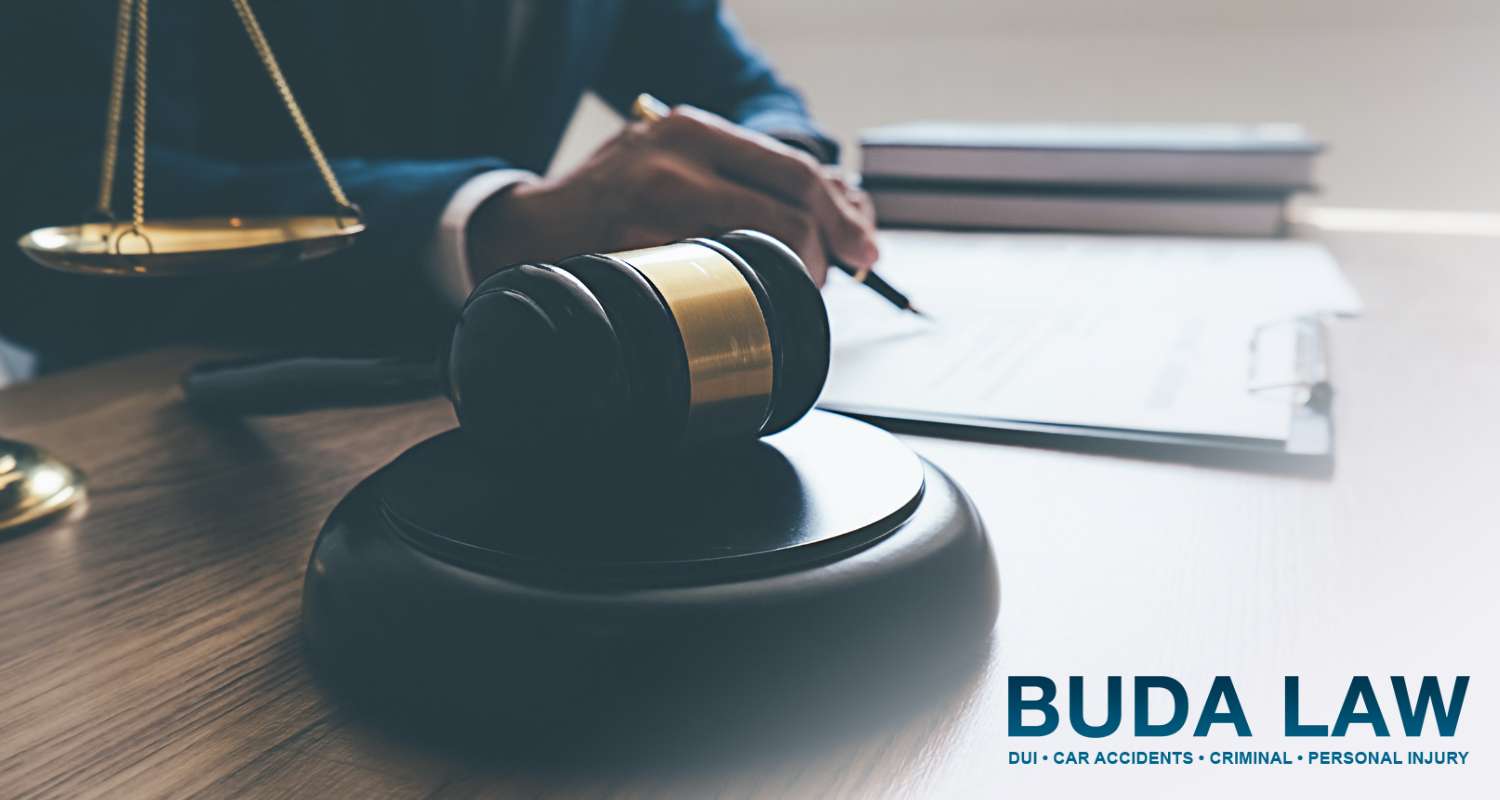
How Our Tampa DUI Defense Attorneys Can Help
At Buda Law, our Tampa DUI defense attorneys are well-equipped to assist clients facing DUI charges. When your driver’s license is suspended following a DUI arrest, our team will help you fight against this administrative suspension or obtain a restricted hardship license while your license is suspended.
From assessing your eligibility to preparing and filing the application, representing you at your hearing, appealing denials, and providing ongoing support throughout the legal process, our experienced attorneys at Buda Law are here to help advocate for the reinstatement of your driving privileges.
Call an Experienced Hardship License Attorney at Buda Law Today
If you are facing challenges related to a suspended or revoked license and need assistance obtaining a hardship license, contact the DUI defense attorneys at Buda Law today. Our experienced Tampa hardship license attorneys understand Florida’s driving laws and are committed to advocating for your needs and best interests.
Call Buda Law today at (813) 322-2832 or reach out online to secure the skilled legal representation necessary to guide you through the application process and maximize your chances of obtaining a hardship license.
CASE RESULTS
Get the Toughness of a Trial Attorney
START BUILDING YOUR CASE
Schedule a Free Consultation
WHAT MAKES OUR DEFENSE SO EFFECTIVE?
- Former State Prosecutor
- Highly Responsive & Accessible
- Result-Oriented Advocacy
- We Prepare Every Case as if it's Going to Trial
- Personal Representation Centered Around You
- Exceptional Negotiator
